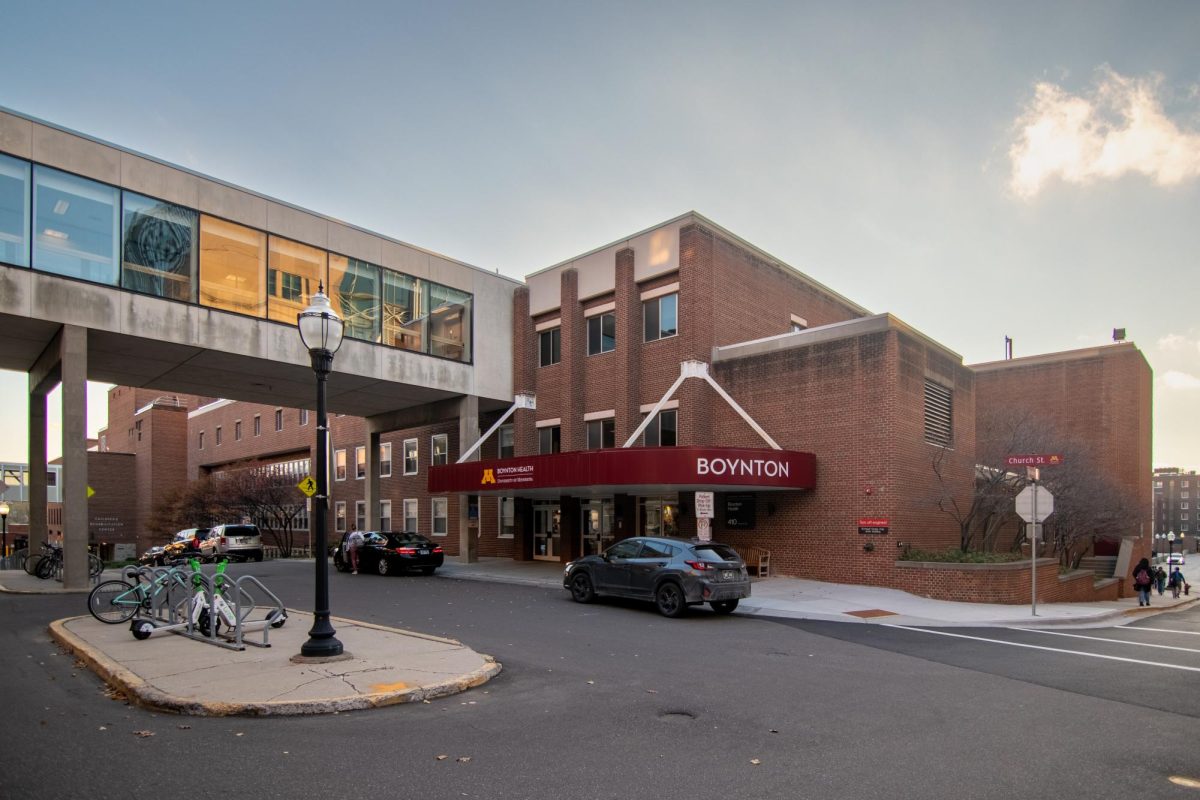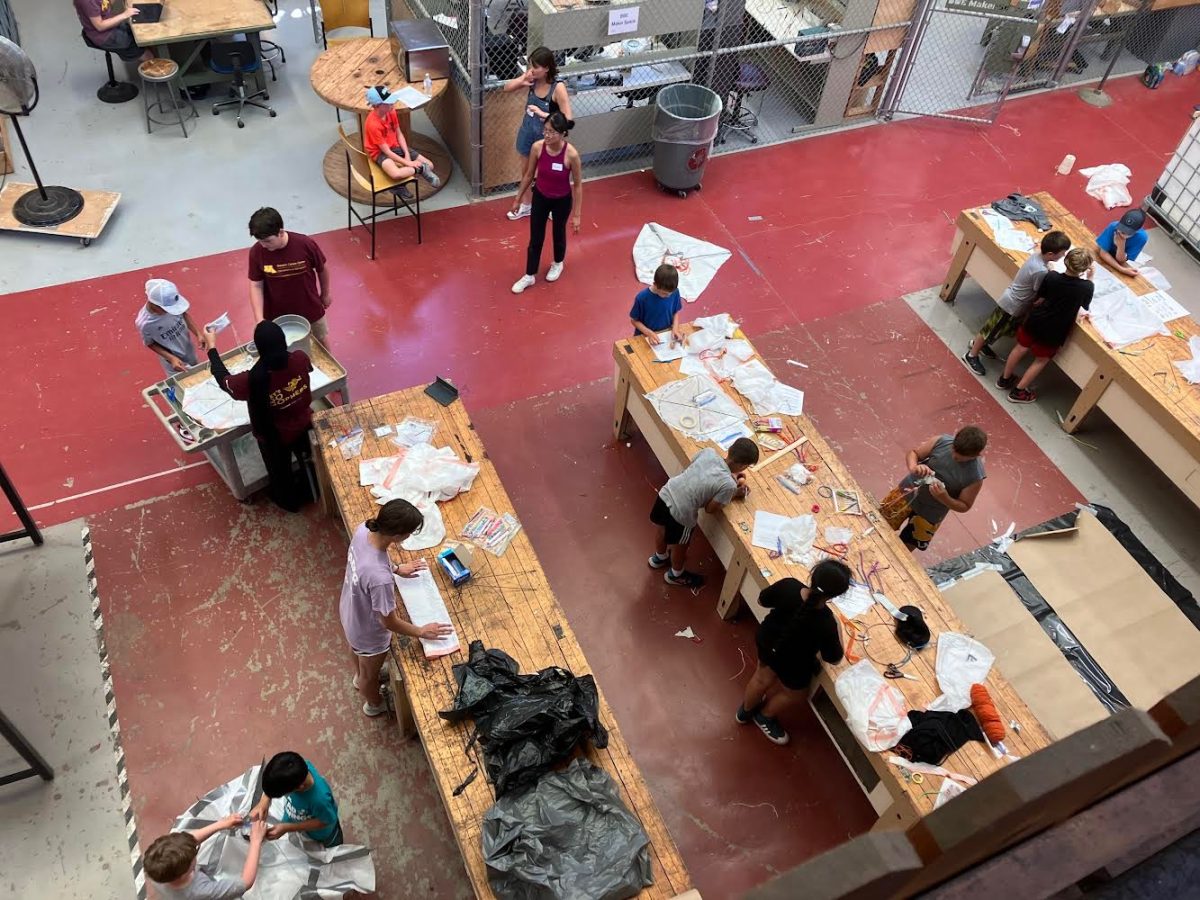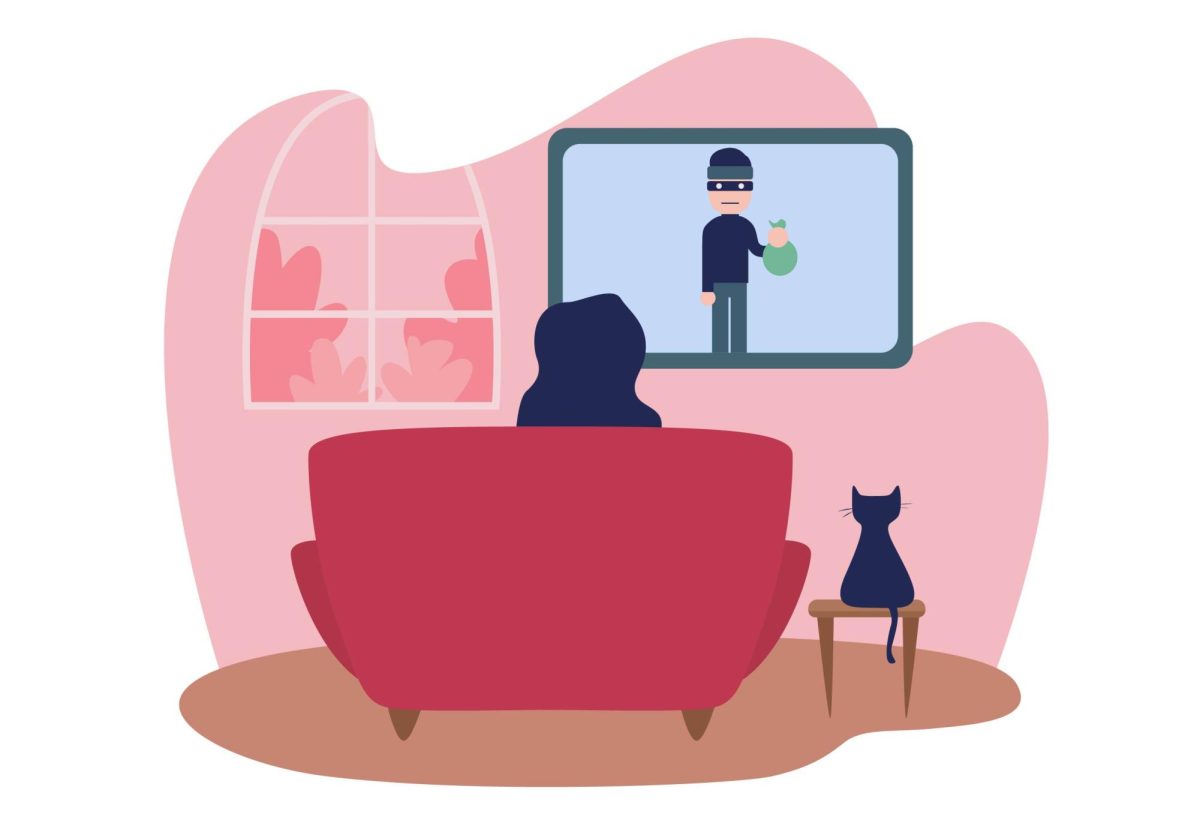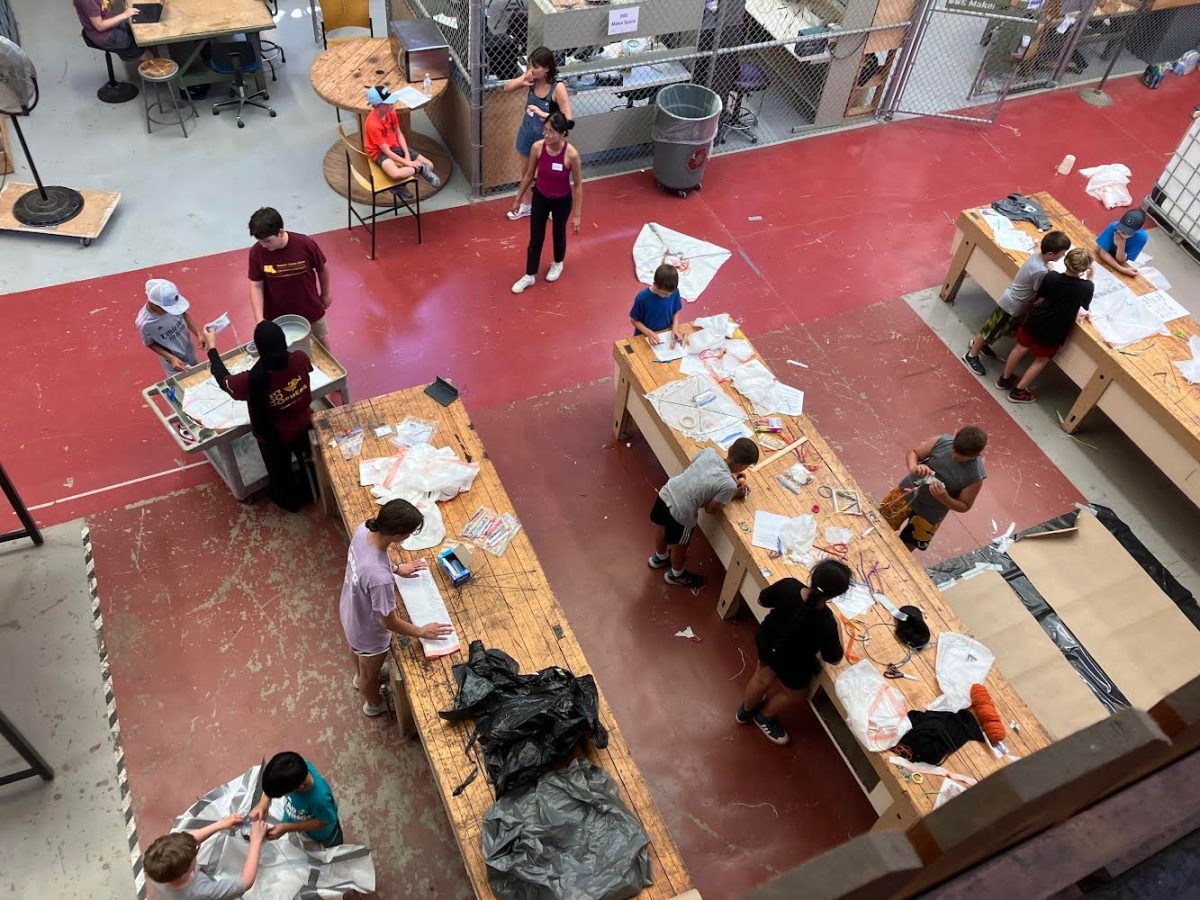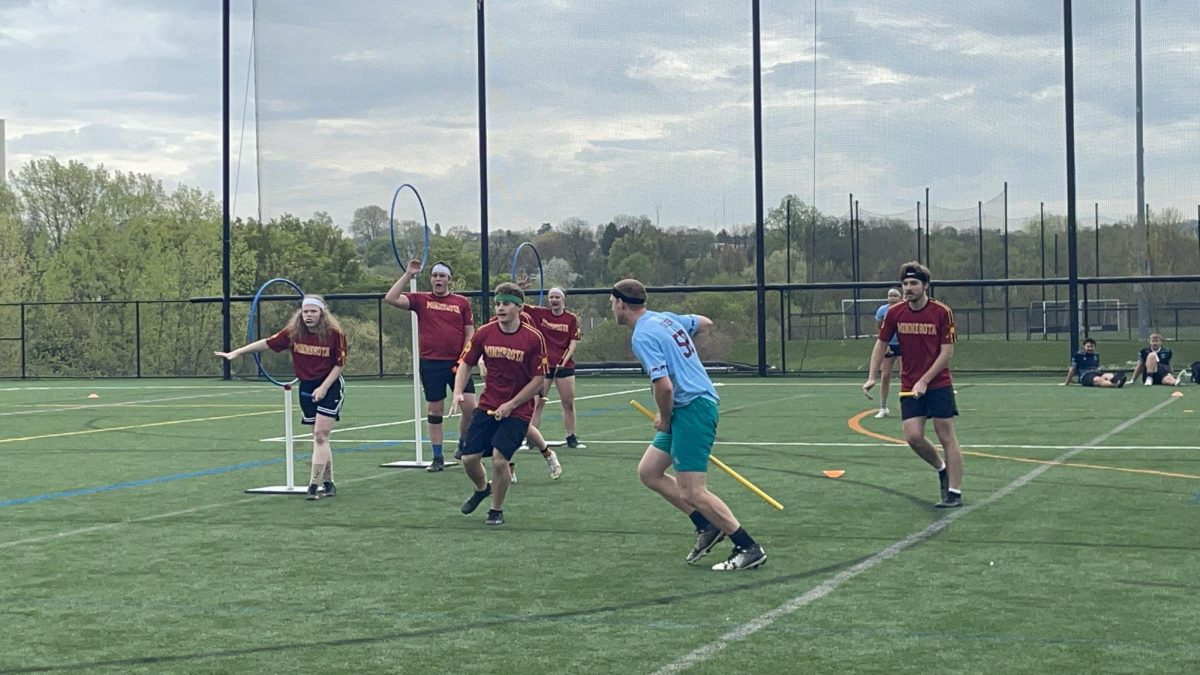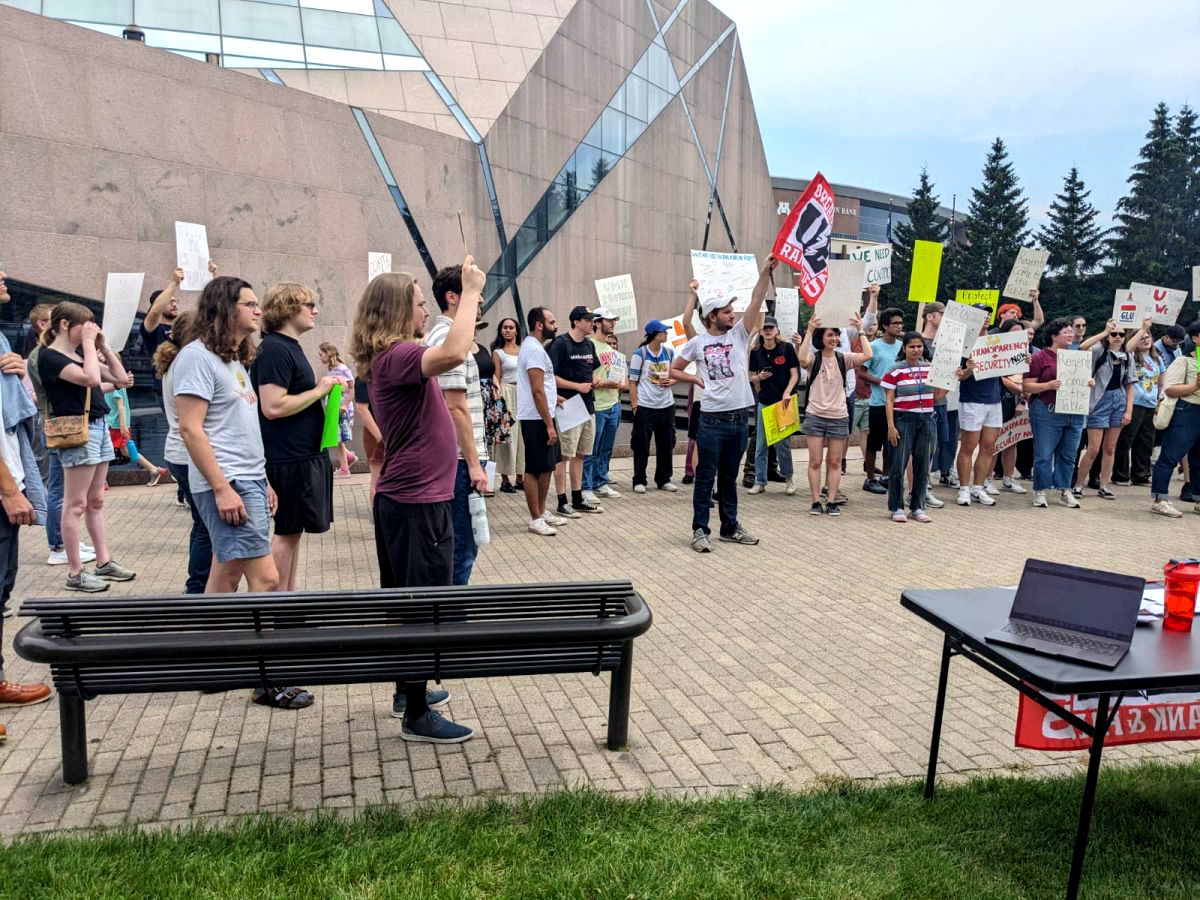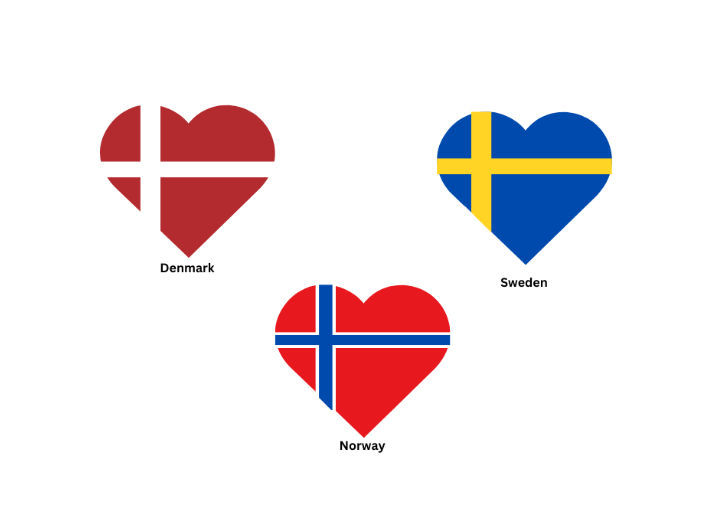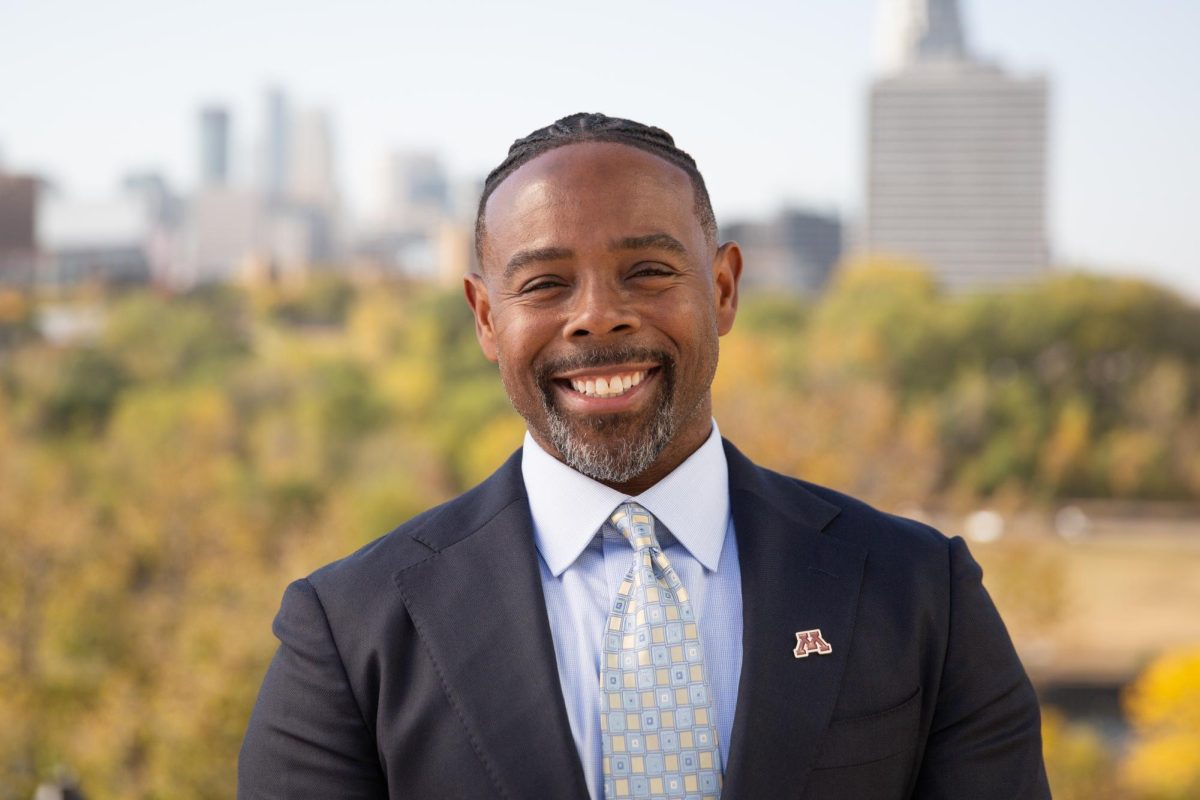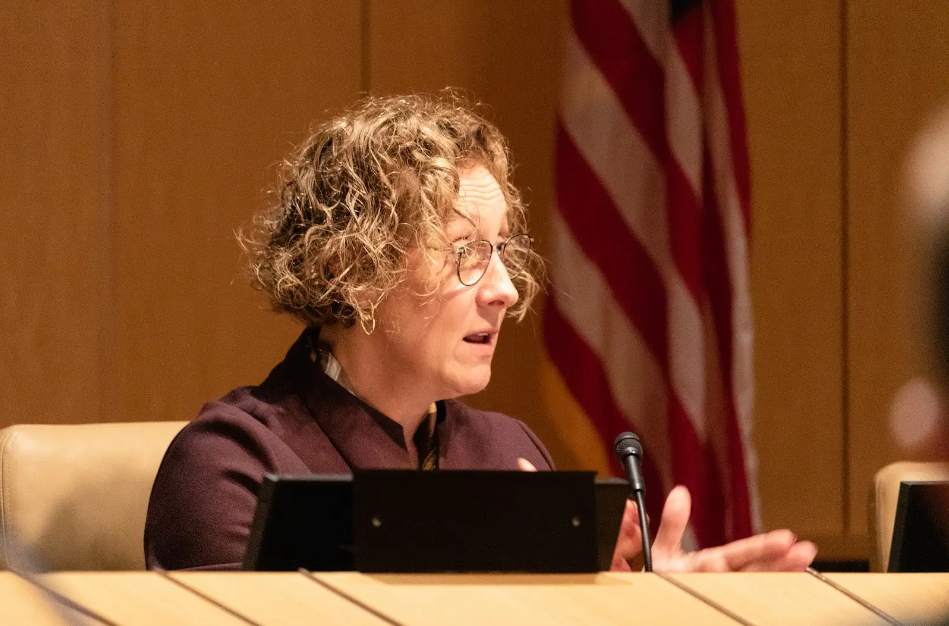The University of Minnesota’s Student Counseling Services (SCS) and Boynton Health mental health clinic have been working to merge since 2023, though affinity groups through SCS will be unaffected by the merger.
Affinity groups through SCS offer students from specific identity groups opportunities for support within their own communities.
SCS is a free resource on campus for all students. It offers individual counseling for mental health, career and academics, educational workshops and affinity groups, counseling groups, and other resources for students struggling with their mental health.
As SCS merges with Boynton Health, its services will remain free for students. When first told about the merger, El Reinhard, a student at the University, thought the Chronic Condition/Pain affinity group they attend would be canceled.
Emily O’Hara, associate director and clinical director of SCS said affinity groups will not be affected by the merger. The groups come and go based on student needs and staff availability.
“We’ve really received a lot of positive feedback from students on our affinity spaces,” O’Hara said. “If we have students really expressing interest in a particular affinity, and we’re noticing students are expressing interest in this area, we would form a group around that. Broadly speaking, there really aren’t any plans to end affinity groups.”
O’Hara said SCS and Boynton Health are both part of the Office for Student Affairs, but will now be even more closely aligned to improve the student experience.
The merge, aiming to align all mental health services, began last year and is an ongoing intentional process with no interruption to services available to students, O’Hara said.
Alexa Fetzer, facilitator of the Chronic Pain/Pain Connection Space affinity group, said the group is a great way for students to get connected, and the focus of affinity groups is to form a community of students who are dealing with the same things.
“These are spaces where students come together and really share and receive support, build community with one another, and I would say it’s also a space where students actually really take the lead,” Fetzer said. “They’re more student-focused and student-led.”
A central access point for all counseling and mental health services is planned to launch in spring 2025, according to O’Hara. Instead of having students navigate different options on their own, the access point will have all options in one place.
Reinhard said the Chronic Pain group is often small because, as students with chronic issues, many group members are not always physically able to join. However, the group has been successful for Reinhard in finding community.
“We usually have three or four people at each call, and that’s honestly more than enough,” Reinhard said. “We always have something to talk about.”
SCS will continue to have its services free for students and integrating with Boynton can give students more options for resources, O’Hara said.
“Sometimes students want to use their insurance at the health center at Boynton, and sometimes they want to use their health insurance to see a provider in the community,” O’Hara said. “It’s nice that we can offer a variety of different options for students, we want to be able to continue to offer that as an option.”


